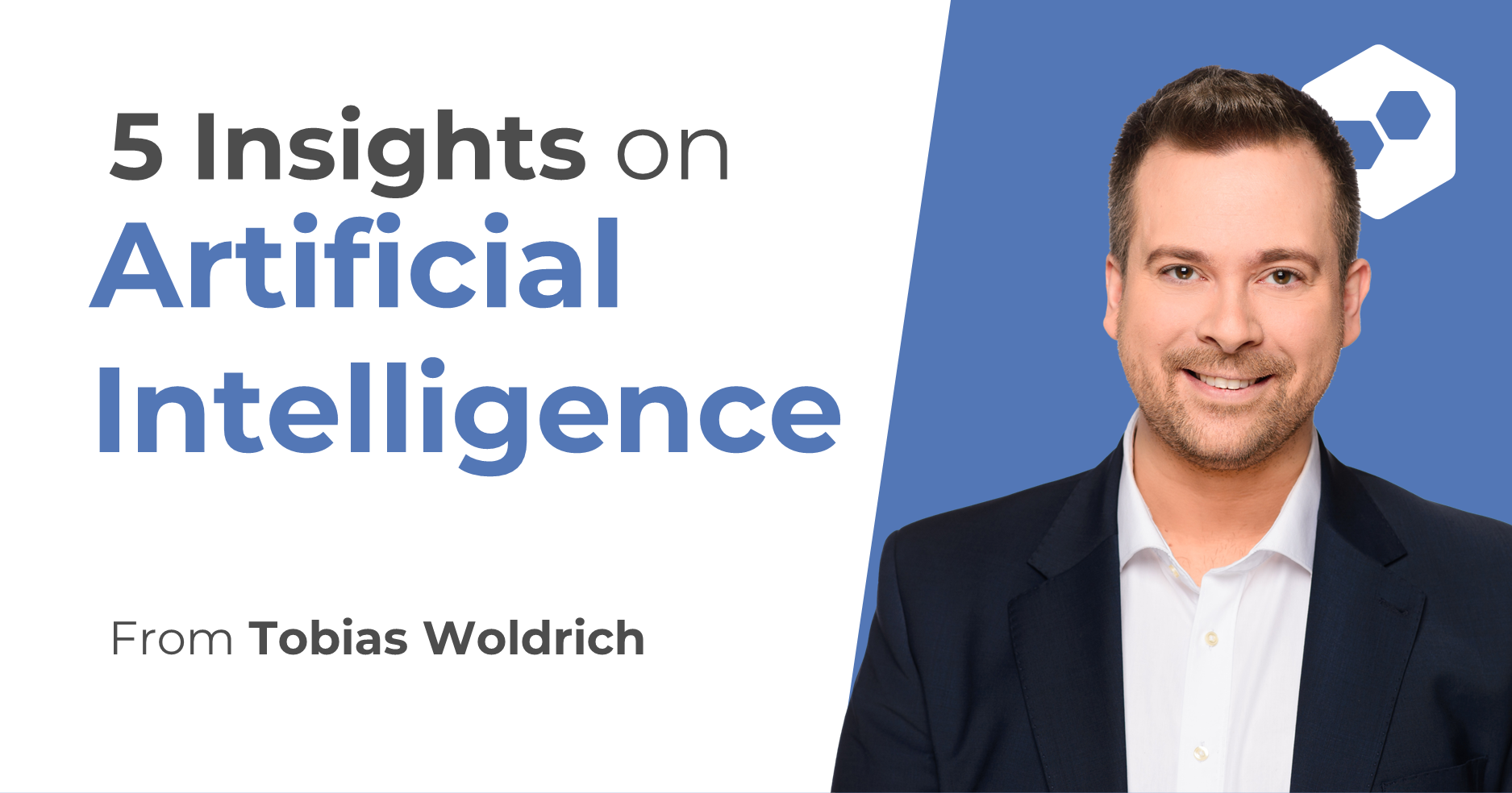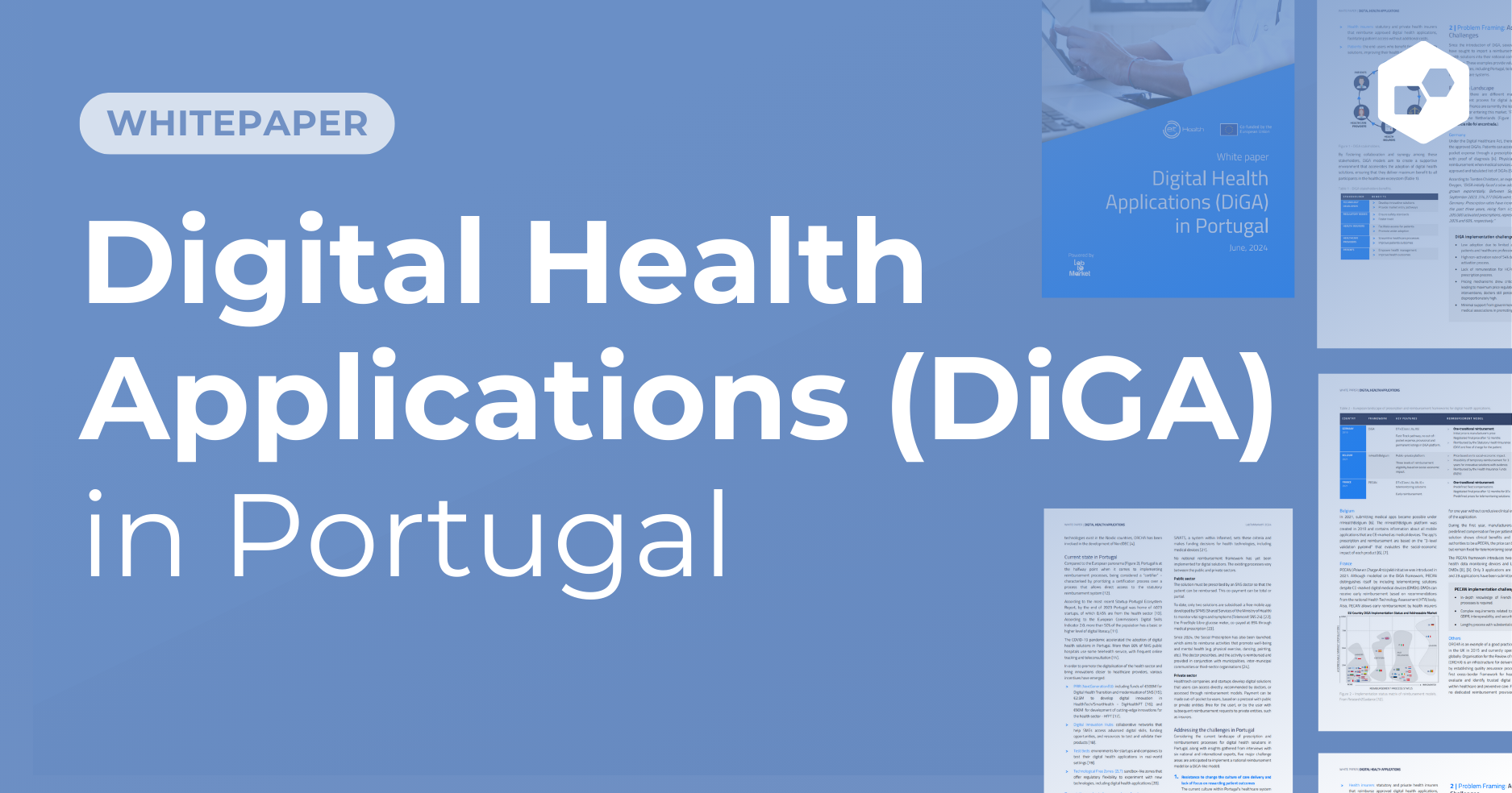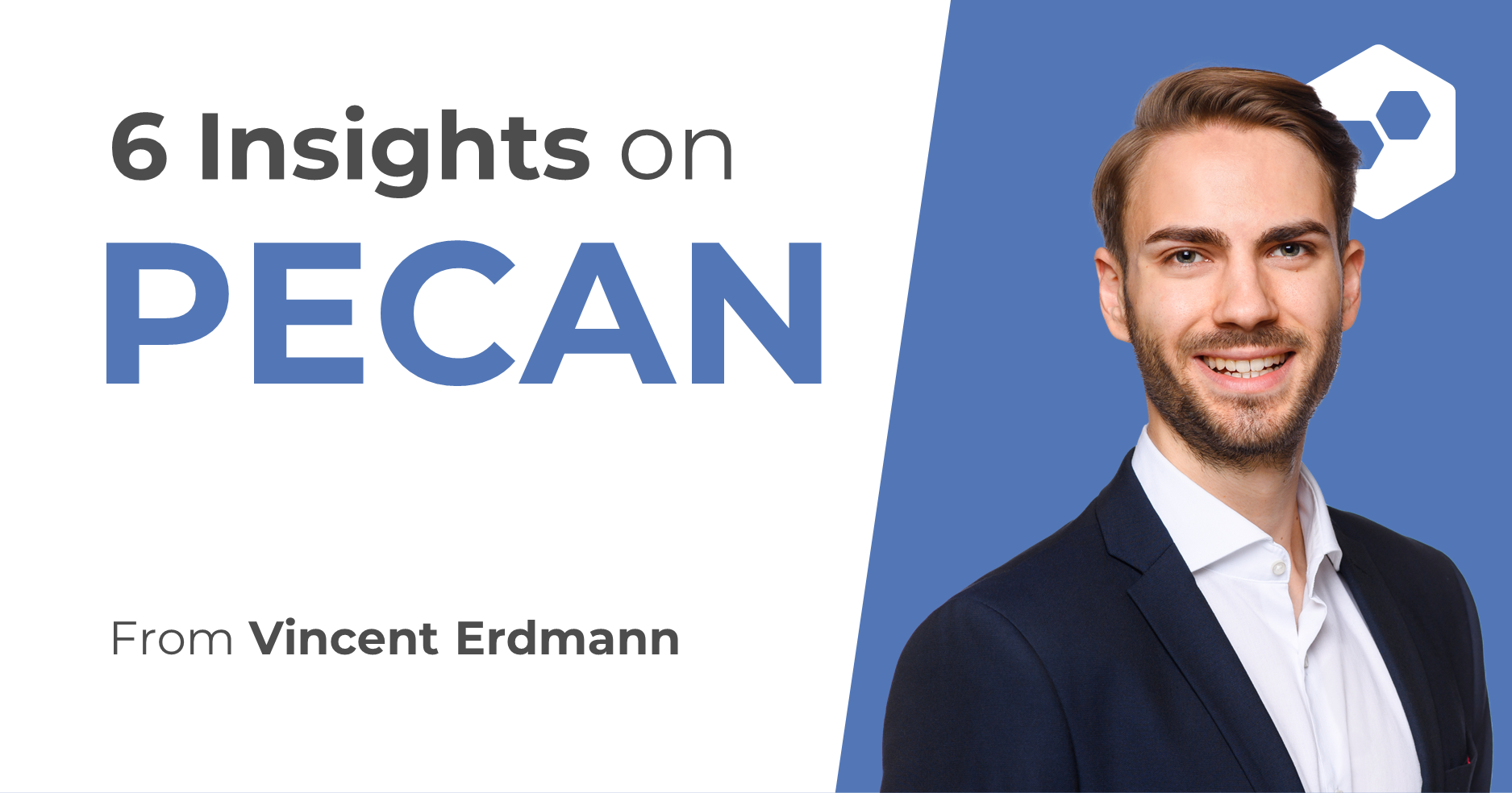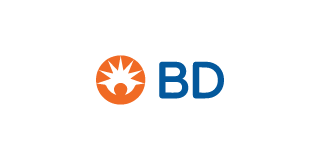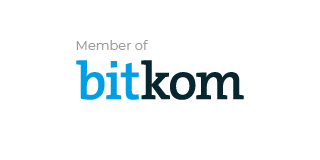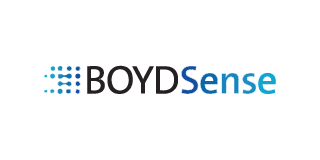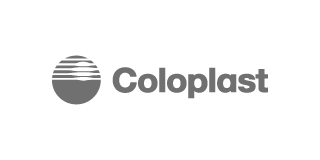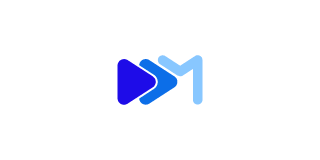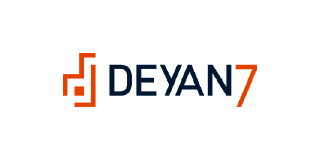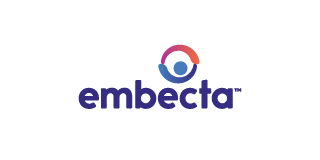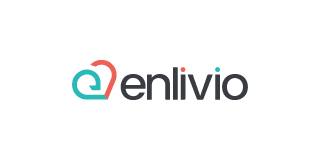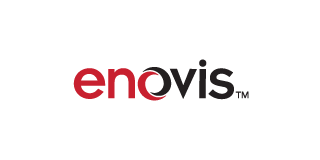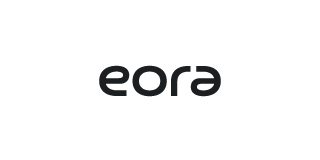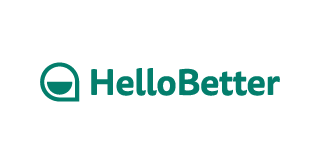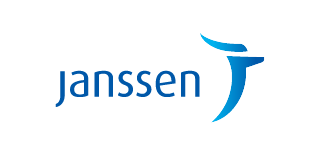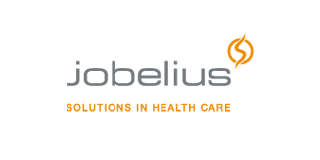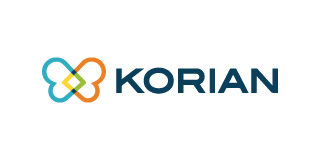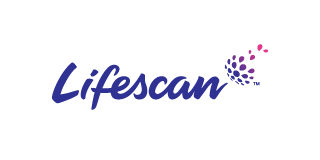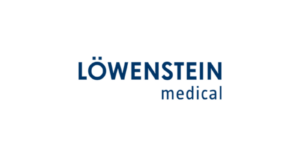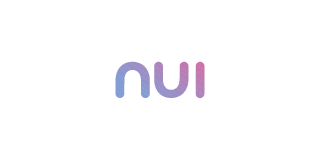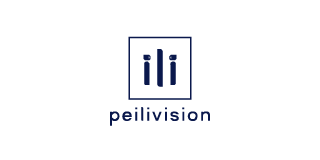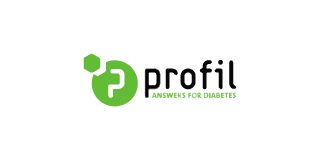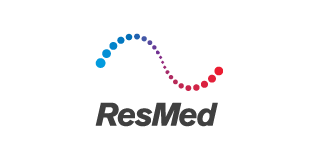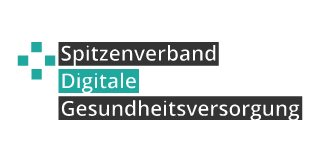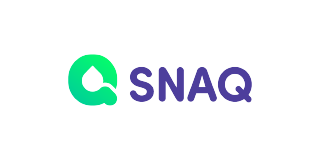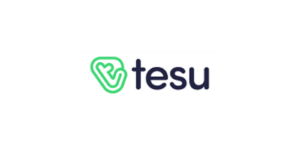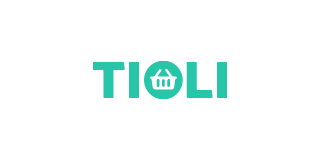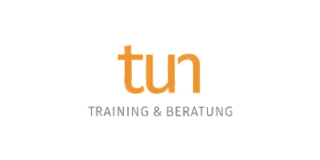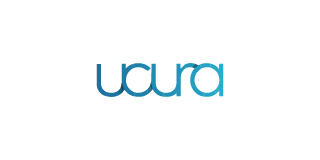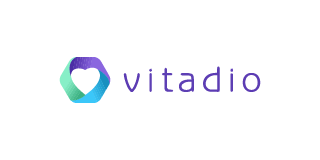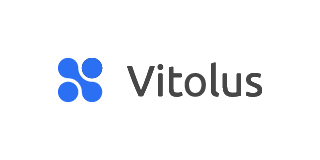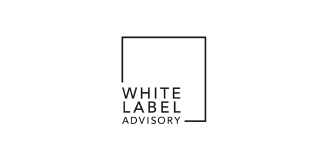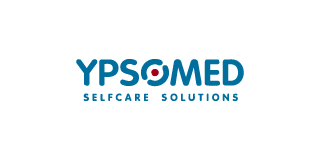5 Insights on “Artificial Intelligence”
Tobias Woldrich is Project Manager at Digital Oxygen and an expert for Artificial Intelligence.
01: Is the topic of ‘AI’ still worth an interview?
![]() Tobias Woldrich: Most definitely, yes. We see the highest interest from SMEs, — some are afraid to “miss out”, some see the benefits but don’t know where to start. We are currently in an exciting phase: Basically everyone is somehow familiar with the term “AI”, digital products are being enhanced with AI, and promoted aggressively. At the same time, many people still associate Artificial Intelligence either with a vague concept of “intelligent machines” or very specifically with very prominent applications like ChatGPT or DALL-E. On the one hand, this is very positive, because it reduces reservations regarding AI. On the other hand, to really benefit from AI this level of understanding is, in my opinion, by far not sufficient. So, yes, we need to talk about AI, especially now.
Tobias Woldrich: Most definitely, yes. We see the highest interest from SMEs, — some are afraid to “miss out”, some see the benefits but don’t know where to start. We are currently in an exciting phase: Basically everyone is somehow familiar with the term “AI”, digital products are being enhanced with AI, and promoted aggressively. At the same time, many people still associate Artificial Intelligence either with a vague concept of “intelligent machines” or very specifically with very prominent applications like ChatGPT or DALL-E. On the one hand, this is very positive, because it reduces reservations regarding AI. On the other hand, to really benefit from AI this level of understanding is, in my opinion, by far not sufficient. So, yes, we need to talk about AI, especially now.
02: What is the most common misconception about “Artificial Intelligence” at this point in time?
![]() Tobias Woldrich: One of the most common misconceptions I encounter is the notion that there is “one” Artificial Intelligence – this idea is probably also one of the reasons why “AI” is often associated with something “blurry” or even “magical”. As soon as we approach the topic in a more structured and conceptual way, this usually changes – and the different applications of AI are quickly perceived as what they are: many, entirely different tools.
Tobias Woldrich: One of the most common misconceptions I encounter is the notion that there is “one” Artificial Intelligence – this idea is probably also one of the reasons why “AI” is often associated with something “blurry” or even “magical”. As soon as we approach the topic in a more structured and conceptual way, this usually changes – and the different applications of AI are quickly perceived as what they are: many, entirely different tools.
03: AI is predicted to play an omnipresent role in basically all business areas: from administrative tasks to product development. Where do you see the biggest levers at the moment?
![]() Tobias Woldrich: Frankly, the biggest lever currently lies in building a basic competence in companies and teams so that everyone speaks the same language. This phase of AI applications is similar to the rise of the Internet: If we want as many people, teams, and companies as possible to benefit safely from AI, we need to build AI competence – for everyone. Everything else, such as the introduction or expansion of AI into our own tools, or the use of AI in product development, is secondary to me at this stage. Understanding and experimenting are the absolute basics. That’s why our AI bootcamp, for example, is focused on exactly that: Building a practical understanding of AI.
Tobias Woldrich: Frankly, the biggest lever currently lies in building a basic competence in companies and teams so that everyone speaks the same language. This phase of AI applications is similar to the rise of the Internet: If we want as many people, teams, and companies as possible to benefit safely from AI, we need to build AI competence – for everyone. Everything else, such as the introduction or expansion of AI into our own tools, or the use of AI in product development, is secondary to me at this stage. Understanding and experimenting are the absolute basics. That’s why our AI bootcamp, for example, is focused on exactly that: Building a practical understanding of AI.
04: How can companies provide their teams with the best possible and pragmatic introduction to the topic?
![]() Tobias Woldrich: In large corporations, dedicated roles or even entire teams, have been engaged with the topic of AI long before the hype around ChatGPT, so internal knowledge and capacities are already available. We see the greatest interest from SMEs: It’s where we observe a great openness and curiosity on how AI can be leveraged in the short-to-medium term. At the same time, the topic is often not yet institutionalized due to a lack of access. The first and best step here is a casual and especially inspiring introduction that goes beyond “conversations with ChatGPT”: The necessary history, the technological foundations, and above all: Lots of examples for interesting use cases and hands-on experiments.
Tobias Woldrich: In large corporations, dedicated roles or even entire teams, have been engaged with the topic of AI long before the hype around ChatGPT, so internal knowledge and capacities are already available. We see the greatest interest from SMEs: It’s where we observe a great openness and curiosity on how AI can be leveraged in the short-to-medium term. At the same time, the topic is often not yet institutionalized due to a lack of access. The first and best step here is a casual and especially inspiring introduction that goes beyond “conversations with ChatGPT”: The necessary history, the technological foundations, and above all: Lots of examples for interesting use cases and hands-on experiments.
05: What advice would you give companies that want to get AI of the ground?
![]() Tobias Woldrich: 1. Building a solid AI foundation pays off: It is fascinating to see the impact of simply speaking the same language within a team or organization, when it comes to AI terminology.
Tobias Woldrich: 1. Building a solid AI foundation pays off: It is fascinating to see the impact of simply speaking the same language within a team or organization, when it comes to AI terminology.
2. Just get started. Of course I will recommend our AI Bootcamp, but the key in general is: people need to start to engage with various AI applications – and are allowed to spend some time on it.
3. We currently see a strong “Fear of Missing Out,”. I get that: AI is a complex topic and is already shaking nearly every industry. But: Panic won’t help either. New technologies always mean change — and they should be fun, too.
More information on AI-Bootcamp, click here.

